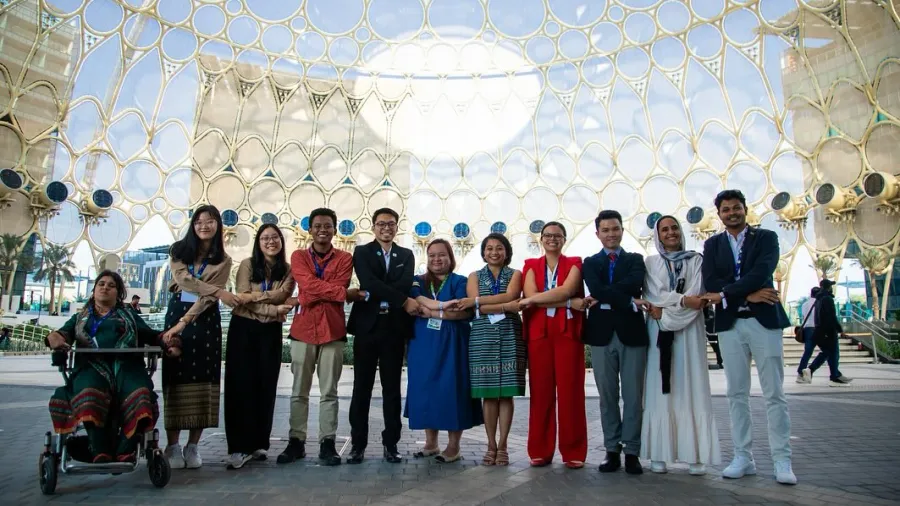
World leaders vow to grow renewable energy capacity and double energy efficiency improvements
World leaders commit to working together to reach 11,000 GW of renewables capacity.
World leaders of participating nations during the recently-ended United Nations Climate Change Conference (COP28) pledged to reach new targets for global renewables and energy efficiency.
Titled the “Global Renewables and Energy Efficiency Pledge," the global community vowed to follow goals of the Paris Agreement to keep warming below 2°C and limit warming to 1.5°C through the increased deployment of renewable energy and energy efficiency three times by 2030.
Their goals include reaching a renewable energy capacity of 11,000 GW by 2030 and doubling the global average from around 2% to 4% by 2030. Alongside it are improvements in energy security and affordability.
With the commitment linked to the UN Sustainable Development Goals (Goal #7 for “affordable, reliable, sustainable and modern energy for all”), any progress towards investing in renewables will help the transition in energy systems around the world, producing new jobs, improving livelihoods, and empowering communities.
Currently, several markets have fast-tracked their diverse portfolio of renewable technologies, ready for massive-scale use to decarbonise the energy sector. Simultaneously, both major and developing countries have shown progress in their respective goals, their nationally determined contributions, and carbon neutrality commitments.
ALSO READ: Alternergy unit, electric cooperative to connect wind project to national grid
However, part of the goals is the phase-down of coal power by 2030, particularly with the termination of investments in new coal-fired power plants. It is one of the initiatives to focus on zero-carbon and low-emission technologies.
The pledge has also made discreet acknowledgement for nations with high political influence, recognising every country to create its own set of objectives. It also acknowledged the September 2023 Nairobi declaration of the Africa Climate Summit to “increase Africa’s renewable generation capacity from 56 GW in 2022 to at least 300 GW by 2030."
The final note from the pledge is the encouragement of participation from financial institutions, private sector representatives, and civil society members to support the pledge and its statutes.








![Cross Domain [Manu + SBR + ABF + ABR + FMCG + HBR + ]](https://cmg-qa.s3.ap-southeast-1.amazonaws.com/s3fs-public/styles/exclusive_featured_article/public/2025-01/earth-3537401_1920_4.jpg.webp?itok=WaRpTJwE)
![Cross Domain [SBR + ABR]](https://cmg-qa.s3.ap-southeast-1.amazonaws.com/s3fs-public/styles/exclusive_featured_article/public/2025-01/pexels-jahoo-867092-2_1.jpg.webp?itok=o7MUL1oO)









 Advertise
Advertise


